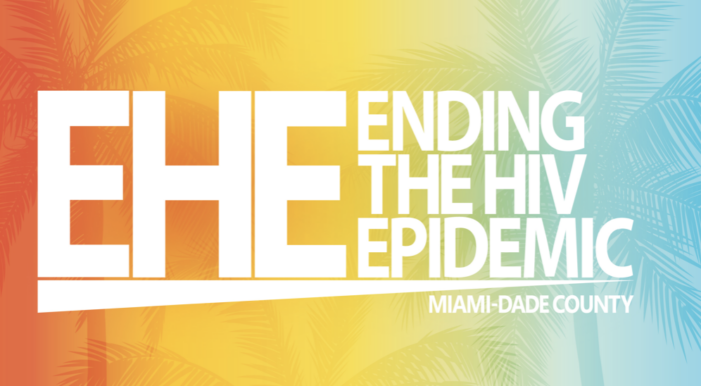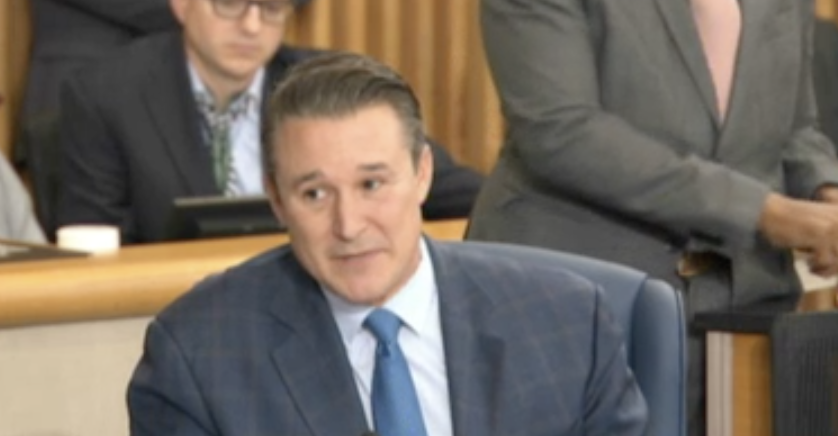Free testing available at County Hall next week
We’re No. 1! But we probably don’t want to be this time.
Miami-Dade is the nation’s leader in new HIV cases reported every year, according to the Center for Disease Control. In fact, the county has had the highest annual rate of newly diagnosed HIV infections of all cities and counties in the United States monitored by the CDC since at least 2017 (42.9 cases per 100 000 residents back then). According to the Florida Department of Health, one in 82 adults in Miami-Dade County were known to be living with HIV in 2022.
This week, the Miami-Dade County Commission instructed the mayor to apply for up to $73.4 million in federal grants to test and treat people for and with HIV.
“Miami-Dade County once again leads the nation in new HIV cases,” said Commissioner Rene Garcia, who has been working to bring the number of HIV cases down for years, since his days in the state senate. “I think it’s important for us as a board to come together and the community to come together to see how we confront this epidemic once again in our community.”
Garcia told his colleagues on Tuesday that black and Hispanic women are the ones who are currently most affected and that he is going to work on some kind of awareness program through the healthcare community.
“We need to do a lot better job in making sure our people are tested and get them treatment,” Garcia said.
The resolution approved Tuesday retroactively authorizes the county mayor or her designee to apply for a combined total of up to $73,402,688 in Ending the HIV Epidemic Initiative (EHE) funds from the United States Department of Health and Human Services Health Resources and Services Administration (HHS) and expend them during a five year period from March 1 this year through Feb. 28, 2030. The funds would address Pillar Two (treat people with HIV rapidly and effectively to reach sustained viral suppression) and Pillar Four (respond quickly to potential HIV outbreaks to get prevention and treatment services to people who need them) of this initiative, according to the memo attached to the resolution.
At the same time, the commission approved the authorization of a one-year extension of existing contracts providing services already “in anticipation of this grant award” to “ensure that client services are not unnecessarily disrupted while a new RFP can be developed.”
“The ability to continue these contracts is subject to the receipt of sufficient funding from HHS for EHE Initiative services.”
What does that mean? Where will the money come from if the grants are not provided? The federal government is iffy these days.
In May of 2021, Miami-Dade Commissioners approved a resolution renaming Getting to Zero Miami-Dade County Awareness Week to Ending the HIV Epidemic in Miami-Dade County Awareness Week. The Office of Community Advocacy and the Florida Department of Health have made a community investment to address the HIV/AIDS epidemic, establishing the Getting 2 Zero initiative to reduce new HIV/AIDS infections, increase access to care and promote health equality in the community. One of the main goals is to increase the number of newly identified HIV-infected individuals who are linked to care within 90 days of diagnosis.
There will be free testing from 10 a.m. to 2 p.m. Wednesday (Feb. 12) at the Stephen P. Clark government center building, 111 NW 1st Street, in the lobby. There will also be information about community services and health resources and information to help combat the epidemic.


